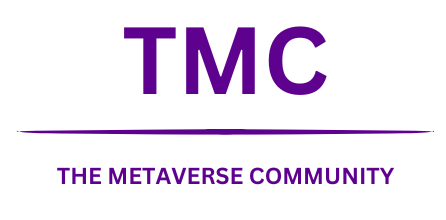Digital assets are making their way into our everyday lives and they are merging within our legal, financial and social lives.
Digital assets such as crypto and NFT’s are being seen as a place to hide assets during divorce because they are difficult to understand, value and find. As they are being used real estate, loan agreements and equity transactions their value has staying power.(Tang, 2022)
Further more cryptocurrencies, while not adopted by countries as a policy or brought into circulation, they do have laws relating to tax returns. For Example the Internal Revenue Service IRS have made a policy in 2014 that Crypto miners must declare the value of the currency they have mined on the date of inception or that it is written to the blockchain.
People or companies who make gains or losses must also report these to the IRS. Crypto currencies are seen as having value the same as a property but aren’t viewed as a currency yet.
While we can distinguish that Digital Assets have value, there are inherit questions around trust. This maybe down to the fact that we have always had to build relationships in order to form trust, with blockchain this need is removed and we can trust the system. Blockchain does not contain process based trust or (long term relationship trust) or characteristic based trust (similarities between the exchange parties, instead Blockchain and the digital assets trading on these platforms have tamperproof and immutable data. (Tan and Saraniemi, 2023)
Digital Asset ownership is common practice in the marketplace and its accepted in a number of countries. Its volatility and trustworthiness as a currency is questionable and the fact a number of these intertwin the term coin into their title maybe misleading for some. This could delay trust and make the adoption of web 3.0 take longer.




